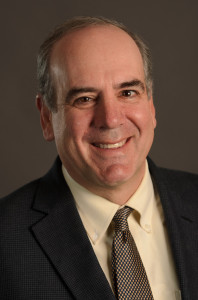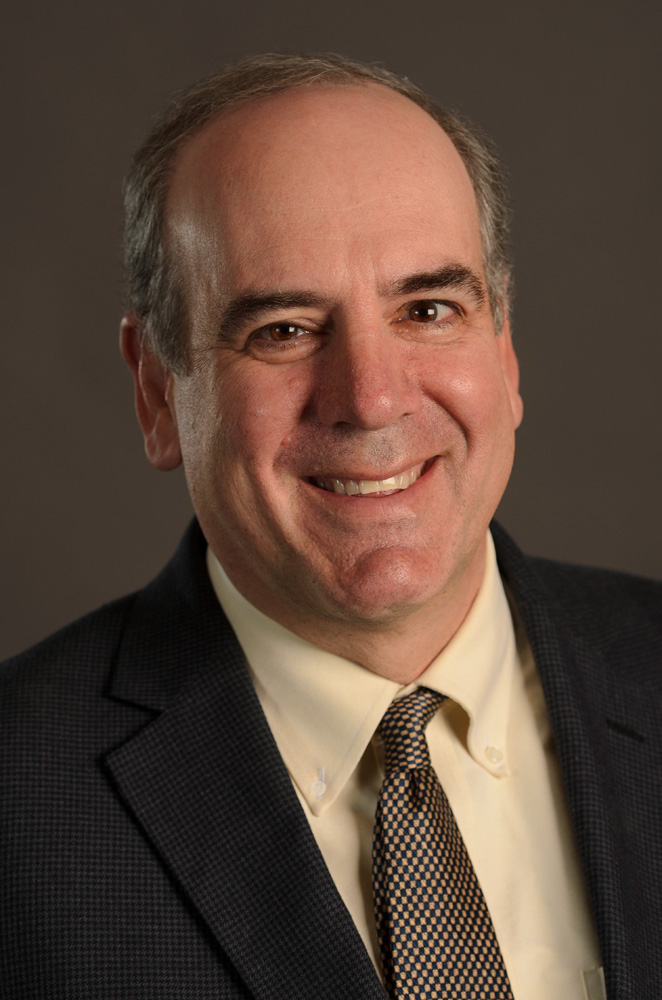
The Meta-Research Innovation Center at Stanford (METRICS), a new School of Medicine initiative that will focus on finding and communicating empirical recommendations to help improve the validity of medical and broader scientific research, opened yesterday.
According to Professor of Medicine Steven Goodman, one of the center’s directors, scientists at different institutions have sought to determine methods for conducting more accurate research for many years. He explained that the center will play an important role in bringing research together.
“[It will be] a lens that helps focus the effort of many people and organize them so they are all seen as a part of a collective effort rather than one of separated efforts,” Goodman said.
Goodman and Professor of Medicine John Ioannidis — the center’s other director — began working on the initiative when they first came to Stanford. Ioannidis emphasized the importance of spending resources allocated to research efficiently, given the large amounts of effort and commitment research requires.
“We want to identify the best practices to improve research efficiency, test them empirically in rigorous studies and find ways to apply them more rigorously and more systematically across diverse scientific fields,” Ioannidis wrote in a statement to The Daily.
The directors struggled initially with funding, however, before eventually winning support from the Laura and John Arnold Foundation.
The directors cited two distinct factors that can impact the accuracy of research. First, institutional policies that fund research may focus on the marketability of specific products rather than the impact on science. Second, the value that companies and researches place on quantity of publications over quality often presents a challenge.
At the moment, a relatively small number of scientists are associated with METRICS. However, Goodman stated that they expect to attract many more researchers after the center is officially launched. Both Ioannidis and Goodman emphasized that working with scientists both around campus and around the globe is crucial to achieving the best results.
Professor of Medicine Randall Stafford, one of the current METRICS-affiliated faculty members, emphasized the value of accurate research results, especially as the public tends to accept research results without any scrutiny.
The directors acknowledged that METRICS’ work will be delicate, as conducting meta-research — or “research on research” — may face potential biases or elicit allegations that the center aims to shame other researchers.
“We don’t want to be perceived as the science police, because we learn from our colleagues just as we hope that they would learn from us,” Goodman said.
The center’s directors currently aim to ensure that scientists around the world recognize METRICS faculty as active members of the research community. Ioannidis explained that meta-research itself is a unique and novel field that is still in development.
“I am sure that we know very little so far in meta-research compared with what we can learn together,” Ioannidis said. “I look forward to curing some of my profound ignorance.”
Contact Ali Gali at aligali ‘at’ stanford ‘dot’ edu.
